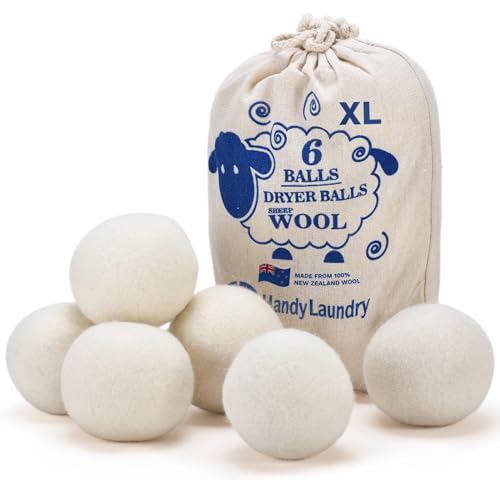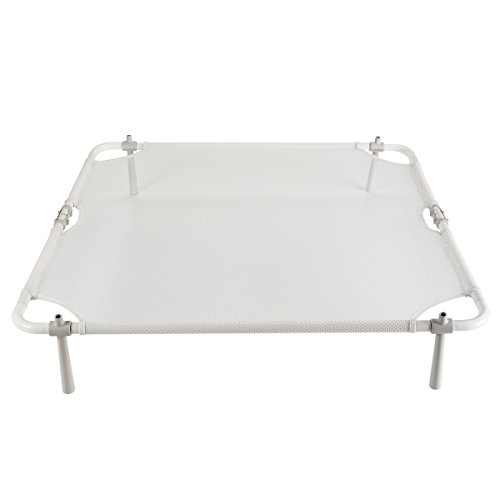Why do clothes shrink in the dryer, and can you un-shrink them? Cleaning pros reveal you can remedy sweater, shirt and jean drying disasters
Don't shy away from laundry mishaps, they are salvageable


When it comes to laundry, there really is nothing worse than throwing your favorite jumper in the dryer, expecting it to come out fresh and fluffy, and instead finding it shrunken and unwearable. But, is it possible to undo the damage?
According to experts, the answer is yes, kind of. While your jumper might never be exactly the same as it once was, it is possible to coax the shape almost back to the original.
I spoke to cleaning experts for their tips on how to do laundry to successfully swerve shrinkage – and keep your items as good, or at least the same size, as the day you bought them.
Why do clothes shrink in the dryer?
1. Heat

As you might suspect, the main reason clothes shrink in your best clothes dryer is due to the high-heat conditions.
Karina Toner, cleaning expert and operations manager at Spekless, explains, 'Many fabrics, especially natural ones like cotton and wool, are sensitive to heat. The dryer's high temperatures cause fibers to contract and tighten, resulting in shrinkage.
So, to combat this, choose a low-heat setting, or dry natural materials by harnessing the benefits of air-drying laundry, using a retractable clothesline, such as the Retractable Clothesline available at Amazon, or a clothes rack.
I tried the discreet Joseph Joseph Eclipse indoor dryer and loved it.
Design expertise in your inbox – from inspiring decorating ideas and beautiful celebrity homes to practical gardening advice and shopping round-ups.
All prices were correct at the time of publication.
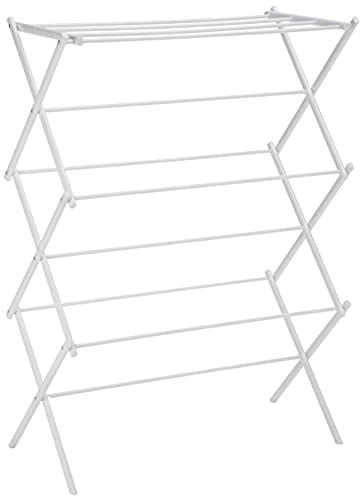
This laundry rack is light, durable and rust-proof, perfect to save energy when doing laundry. It also folds flat, so is easy to store in even the smallest of spaces.
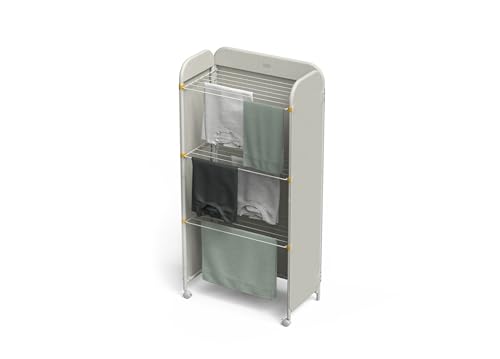
I tried this in my tiny home and loved it. It kept my laundry out of immediate view, had a relatively small foot print and did not obstruct air flow so my laundry dried quickly. It's a good-quality solution for items you can't put in the dryer.

Laundry organizers like this one are handy for separating delicates as you wear and wash them. This one is particularly handy as the compartments pull out for ease of porting your loads to the washer, and can be collapsed and folded away when not needed.
2. Agitation

Forrest Webber, cleaning expert and founder of Bear Brothers Cleaning and The Trade Table says, 'The dryer isn't just heating your clothes, it's also throwing them around. All that tumbling action, combined with the heat, makes the fibers bunch up and lock into place, shrinking your clothes.' In particular, this affects delicates, and loosely-woven materials.
Therefore, tumble-drying all your items is a bad laundry habit ruining your laundry, so always check the care label on specific items. The laundry symbols are a quick and easy way to determine things never to put in a dryer. If your item is suitable for tumble drying, cleaning expert Toner recommends opting for a gentle drying cycle with minimal tumbling, just to be on the safe side.
However, J. Michael Jackson, operation fields consultant for CD One Price Cleaners, points out, 'Even with precautions being taken, there will always be the threat of shrinkage caused by agitation.
After several cycles, fibers lose their strength and ability to recompress, resulting in a loose, oversized garment.'
Therefore, a heated airer, such as the Heated Clothes Drying Rack available at Amazon is a great alternative to dry clothes quickly and efficiently, without any agitation.
3. Fabric type

If you regularly find your clothes coming out the dryer shrunken and unwearable, it could simply be down the fabric type, as different fabrics react differently to heat.
Cleaning expert Webber advises, 'Cotton and wool shrink at the slightly provocation. Polyester, on the other hand, is a bit tougher, but even that will shrink if you crank the heat up enough.'
Therefore, using my three step method for hand-washing wool, with a delicate detergent such as Woolite Delicates Liquid Laundry Detergent available at Walmart can help avoid this, or keep the temperature low. Using dryer balls to help speed up the drying process will also minimize the risk of shrinking.
4. Overdrying

You might not know this, but it is possible to over-dry your clothes, resulting in shrunken or damaged items.
'Prolonged drying can be as harmful as high heat,' warns cleaning expert Toner. 'As fabrics dry out completely and cool, the fibers "set" into a more compact form.
'Over time, this loss of elasticity compounds with each cycle, making shrinkage more noticeable.'
Therefore, Toner's laundry tip is to remove clothes while they're still slightly damp, to help them retain their natural shape. Jumpers will often say 'dry flat' and 'reshape when wet' on the care label, so I use a sweater drying rack at home to make this easier and speed up the drying process. This also prevents clothes which smell sour after washing by eliminating damp, musty odors.
5. Residual moisture evaporation

Overloading the dryer is common tumble dryer mistake that could be affecting your dryer, but it may also be contributing to shrunken clothing items, warns cleaning expert Toner.
She says, 'When fabric retain too much moisture and then encounters high heat, it may shrink unevenly, as the moisture evaporates rapidly, pulling the heat inward.
'Avoid overloading the dryer to allow even drying and reduce moisture retention.'
Can you unshrink clothes?

So, most importantly, if you forgot to use the delicate setting on your tumble dryer and have ruined your favorite items, what do you do if you've shrunk clothes?
Ken Doty, COO of The Maids, advises, 'There are a methods to unshrink clothing, but results can vary and you shouldn't expect to have the same results that someone else might.'
That being said, here are expert-approved methods for unshrinking various, common items of clothing.
How to unshrink shirts

While you may know how to get a stain out of a white shirt, unshrinking them in an entirely different matter.
To begin with, fill a sink with room temperature water, and add two tablespoons of hair conditioner, or baby shampoo, such as the Johnson's Baby Bath Shampoo available at Walmart, which help to relax the fibers, before completely submerging the shirt. Then, let it soak for 30 minutes, before draining the water.
Lay your shirt out flat on a towel, and roll it up tightly to help remove the liquid. Cleaning expert Webber says, 'Take your soaked garment and gently squeeze out the excess water. Lay the garment flat on a dry towel, roll it up like sushi, and press out more water.'
Your shirt will then be ready for reshaping, so gently stretch out the shirt, before hanging to air-dry, on a cushioned hanger such as the Tosnail 12 Pack Satin Padded Hangers available at Amazon.
How to unshrink jeans
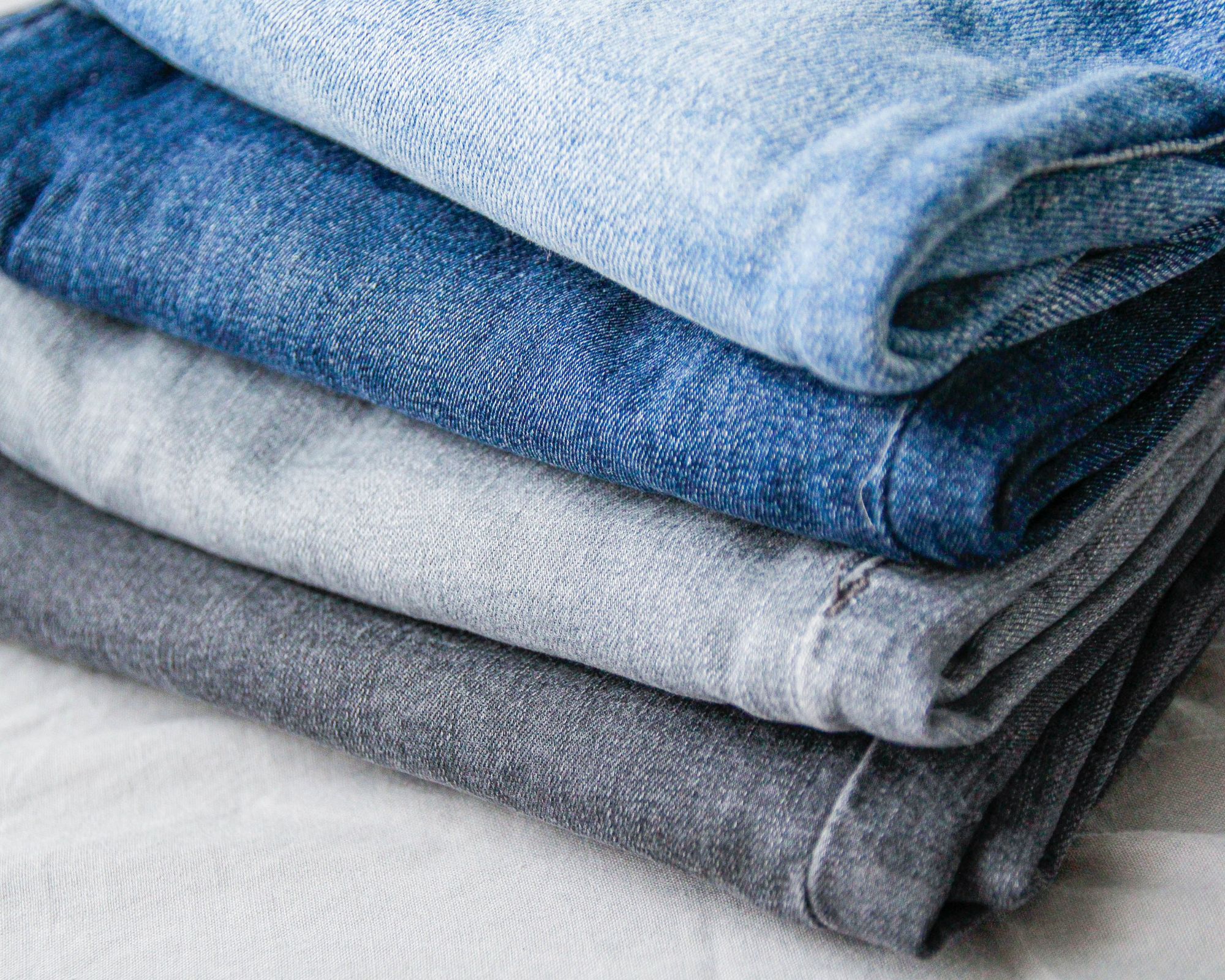
Much like unshrinking a shirt, dealing with denim follows a similar process.
Cleaning expert Doty says, 'Fill your bathtub with warm water, and submerge your jeans for 15 minutes. Then, drain and squeeze out any excess water from the waist of your jeans down.'
Hang your jeans to thoroughly air-dry on a pants hanger, such as the Amazon Basics Sturdy Wooden Pants Hangers available at Amazon, to help them retain their newly re-found shape.
If you're not sure how to wash jeans and other denim items, our dedicated guide details how to do so successfully, to prevent fading and shrinkage.
How to unshrink sweaters
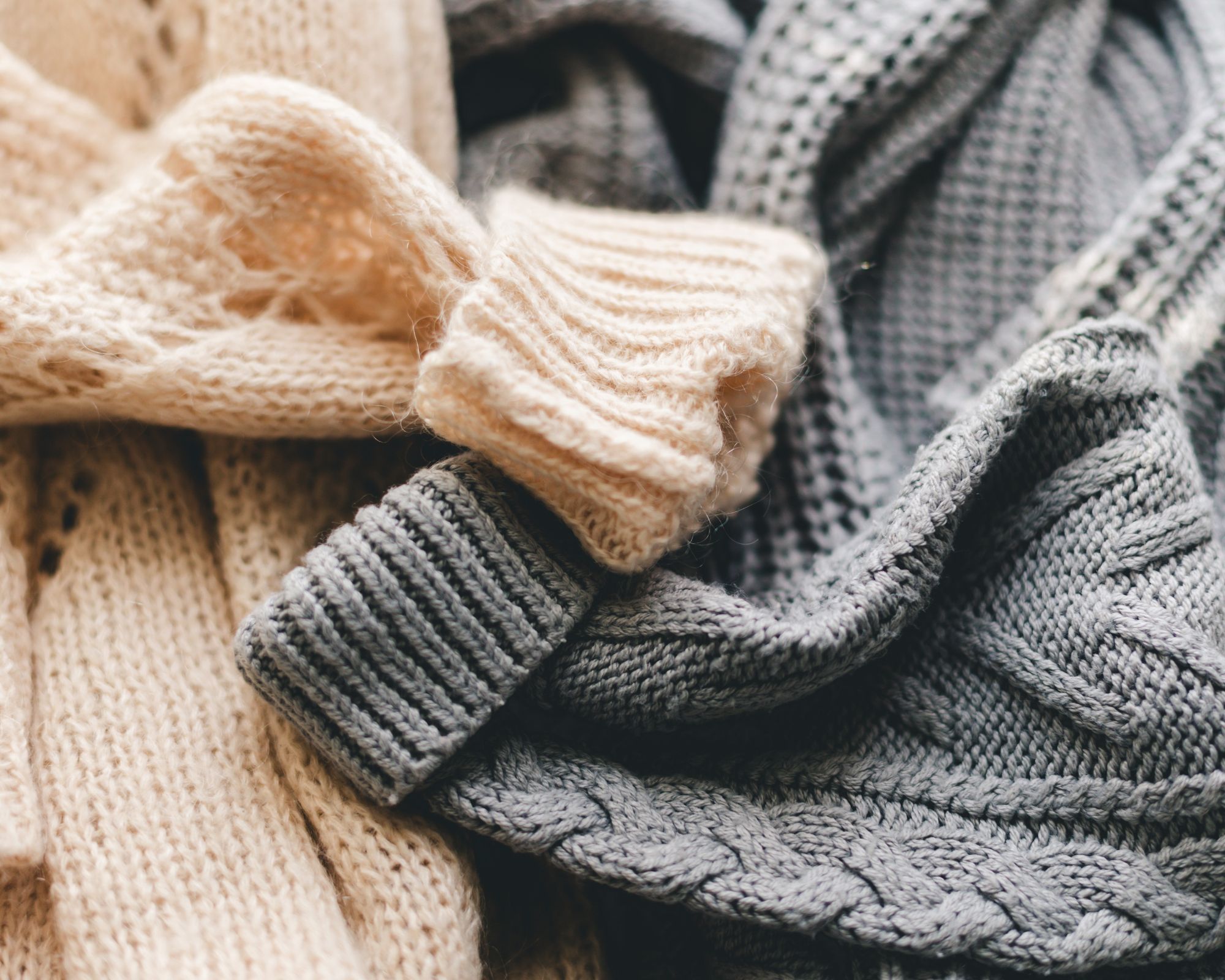
Shrunk your favorite sweater? If so, follow the same process for unshrinking shirts, using a towel to squeeze out excess water, but consider weighted stretching for extreme cases.
Cleaning expert Toner explains, 'Soak the garment in lukewarm water, then lay flat and use weights or pins (such as the 40 Pack Wire Clothes Pins available at Amazon) to keep it stretched to the desired shape while it dries. Adjust as needed to keep the fabric stretched evenly.
'This technique works well for knits and stretchy materials, allowing gravity and the drying process to restore the shape without additional heat,' although be warned that this may damage fibers, so any use when drastic measures are needed.
Just as you can use white vinegar in laundry, you may also want to consider using a vinegar rinse for wool and cashmere, for a less forceful method.
Toner says, 'Soak the garment in a solution of cool water and white vinegar (such as the Great Value Distilled White Vinegar available at Walmart) for about 30 minutes. The vinegar relaxes the fibers, allowing gentle reshaping.
'After soaking, reshape gently and lay flat out to dry, avoiding direct sunlight or heat. This approach is gentle on wool's natural fibers and helps to unbind fibers without damaging the material.'
There are many things around the house you can clean with vinegar, too, so it's useful to have in your cleaning supplies arsenal.
How to unshrink synthetic materials
To unshrink synthetic materials, again soak items in lukewarm water before laying out flat and reshaping, or, if in a hurry, cleaning expert Toner recommends using your best steam cleaner.
She says, 'Lightly dampen the fabric, then use a handheld steamer to apply light steam to areas needing reshaping. As you steam, gently pull and stretch the fabric back to its original form.
'Steam relaxes fibers without the direct heat of a dryer, making it ideal for delicate or synthetic fabrics like rayon or polyester,' and also works well to unwrinkle clothes without an iron.
FAQs
What temperature should I wash my clothes so they don't shrink?
While there are items you should always wash in hot water, for sanitizing purposes, in general, it's safer to wash clothes on cool settings.
This is because, the same as a tumble dryer, exposing clothing to hot water can cause the fibers to shrink. Our essential guide to washing machine settings is a handy accompaniment to mastering your machine.
'While these methods can help undo shrinkage, returning your garments back to their original state isn't always possible,' says cleaning expert Jackson. 'The best way to prevent shrinkage on any fabric type is to always dry on a low heat. With gentle care, you can prolong the life of your favorite garments and preserve their integrity.'
If you have the opposite problem, and have garments that are too baggy and oversized, you may be wondering how to shrink clothes for a better fit.
It is possible to avoid taking your item to the tailors, by making the most of high-heat settings and stretching damp items, particularly jeans, on your body.

Ottilie joined Homes & Gardens in 2024 as the News Writer on Solved, after finishing a Master's in Magazine Journalism at City, University of London. Now, as the Sleep Editor, she spends her days hunting deals and producing content on all things sleep – from mattresses and sheets to protectors and pillows, all of which she tests in her own home. She also has particular expertise in home fragrance, covering everything from candles to reed diffusers.
Previously, she has written for Livingetc and Motorsport Magazine, and also has a Master's degree in English Literature and History of Art from the University of Edinburgh, where she developed a love for inspiring interiors and architecture.
